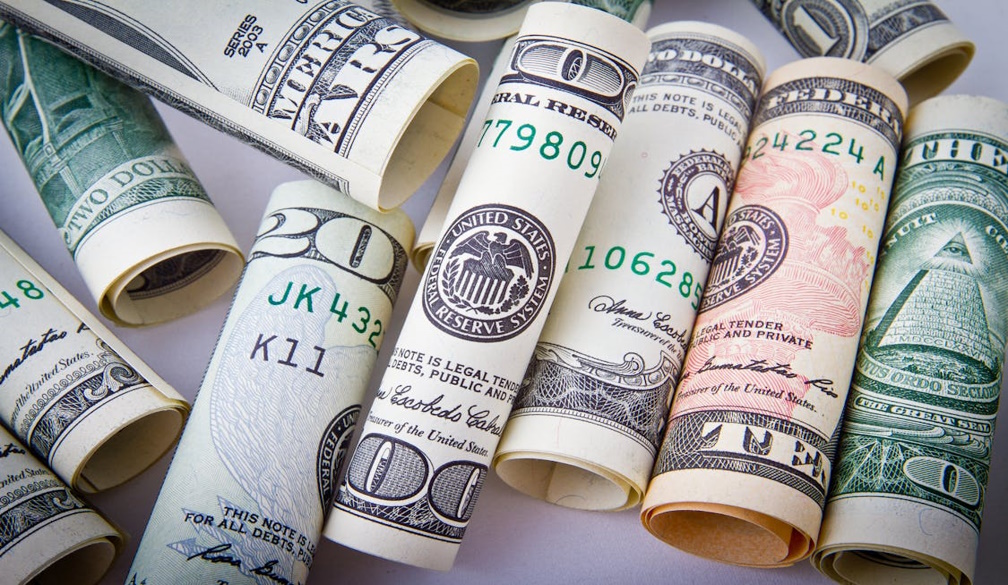5 Reasons Your Finances Deserve a Summer Refresh
- Written by The Times

Most of you are ready to change your clothing, tidy the lawn, and schedule a well-earned vacation as the days become longer and the temps climb. Summer, meanwhile, is also the ideal time to review your finances more closely. Your financial life needs consistent maintenance, much as your house or schedule. A mid-year assessment will enable you to begin the second half of the year with confidence and clarity, realign with your goals, and identify early concerns. These five compelling reasons show why your finances call for a summer update.
1. Mid-Year Is the Perfect Check-In Point
With the best of intentions—saving more, spending less, investing wisely—you often set large financial objectives in January; nevertheless, by July, it's easy to forget those commitments. Mid-year is a natural benchmark for monitoring your progress.
Are you spending within your means? Have you been able to routinely add to your retirement or savings accounts? Is your debt either declining or rising slowly? Spending time in the summer to probe these issues lets you make adjustments before the year runs out. You can realize that you exceeded your own expectations or that certain goals were overly aspirational. In either case, now is the season to stock and realign.
2. Life Changes Might Be Affecting Your Financial Picture
A calendar does not always guide life. Perhaps you changed employment, relocated to a new place, welcomed a new baby, or launched a business—all of which have financial ramifications. Summer is a perfect time to review your finances in view of these changes in your life.
Little adjustments like a kid ending school or a change in your living circumstances could impact your monthly budget, priority for savings, or insurance requirements. Instead of running on last year's assumptions, refreshing your finances helps you fit your current realities. You might have to review your estate plan, adjust your tax withholdings, or notify beneficiaries. Early recognition of these changes makes you proactive rather than reactive.
3. Spending Patterns Tend to Shift in Summer
Many times, summer is connected with extra spending—vacations, weddings, children's activities, backyard improvements, etc. Although you should enjoy the season, it's also wise to enter it knowing exactly how it will impact your cash flow.
Rework your monthly budget in a financial refresh to fit seasonal expenditures. Planning ahead can help you to enjoy the things that are important to you—travel, experiences, or house improvements—without running out of money. To help with costs, you may also discover methods to cut back in other areas or even look into seasonal income opportunities. Being financially conscious just means you are saying yes with confidence, not that you have to turn down fun.
4. A Financial Planner Can Bring Fresh Perspective
Sometimes an outside view may provide your financial objectives shape and clarity regardless of your level of organization or financial literacy. Working with a specialist can enable you to find hazards or possibilities you might have missed.
Imagine someone working with a financial planner in Summerlin, Nevada. This adviser might assist with debt restructuring, investment evaluation, or the development of a thorough retirement plan catered to local tax rules and living expenses. Since summer is not the bustle of tax season or the end-of-year pressure, it is an excellent time to contact a financial planner. You will have time for careful preparation and discussions.
Whether you seek a financial planner in another city or deal with a local professional, the goal is to acquire knowledge that will enable you to proceed intelligently. They might also make you answerable for the goals you have established and assist you when life throws a curveball.
5. Small Adjustments Now Can Lead to Big Wins Later
Though it's tempting to believe that major financial changes are necessary to be significant, the fact is that over time, even little improvements may have a significant influence. Reviewing annual costs, automating savings, negotiating better rates, or rebalancing your investment portfolio is best done in summer.
Perhaps you discover you are paying too much for insurance or find a subscription service you no longer use. Though small, these adjustments are free money that may be better used for your intended purpose. Even changing your gasoline consumption or grocery spending during the high-travel season can help. Using these "easy wins" throughout the summer can help you to position yourself for a better annual finish.
Final Thoughts
A summer financial refresh need not be time-consuming or demanding. Actually, it may be empowering—a chance to seize control, consider what is working, and make wise decisions for your future. Whether you review your goals, change your budget, or speak with a financial planner, the actions you take now will impact your financial situation months and years from now. So, schedule some time to concentrate on your finances before the summer passes by. You deserve it as well as your wallet.

















